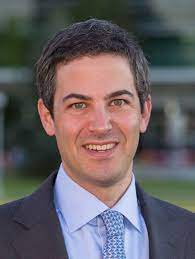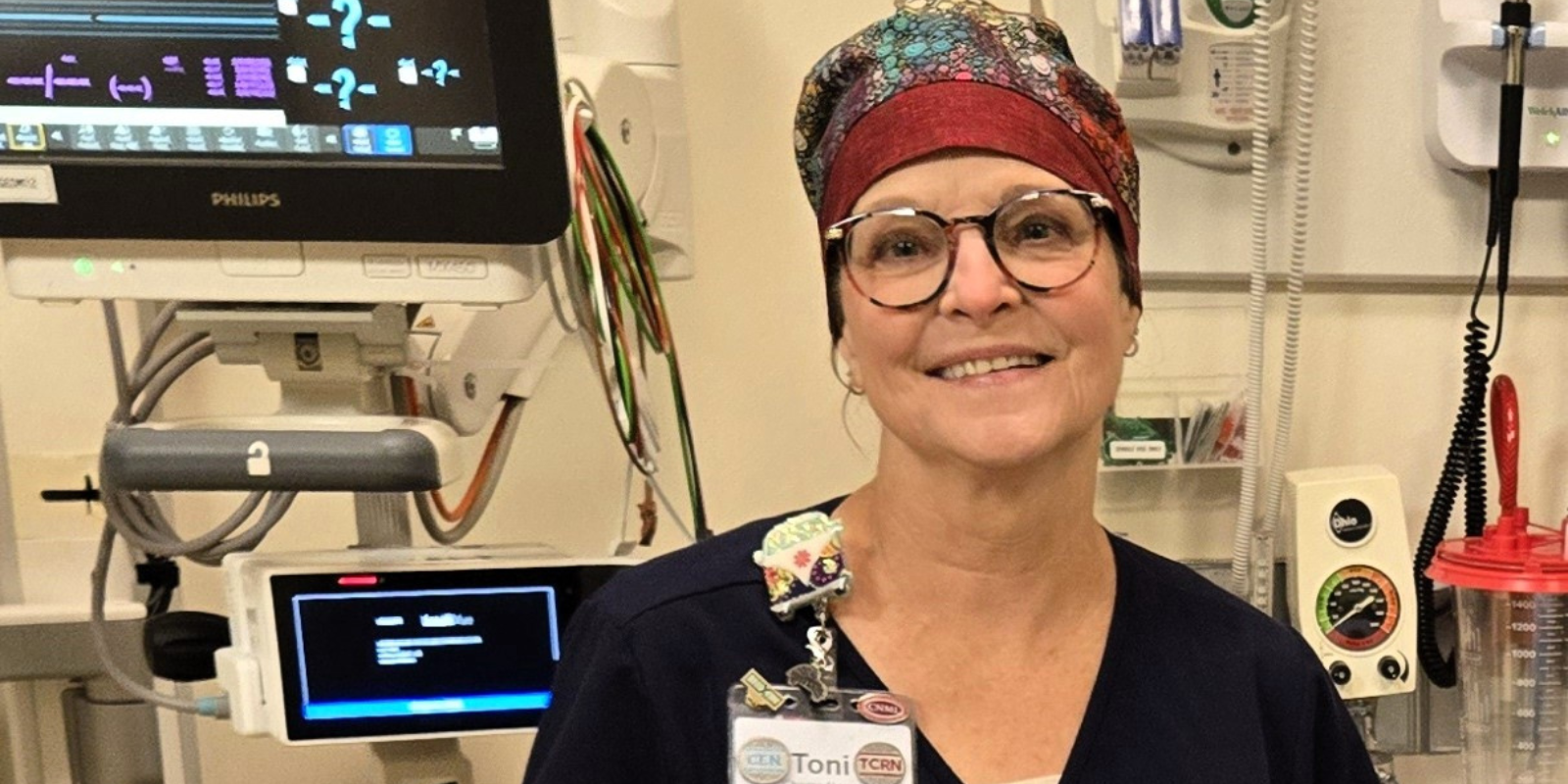Brad Corr’s inspiration to pursue a medical career came on the ski slopes of Big Sky, Montana.
“After an undergraduate degree in geology and physics, I went to Montana to be a ski patroller. “My role in helping people on the slopes really affirmed my desire to go to medical school,” explains Corr. “You could say I went the nontraditional route to medical school.”
In addition to helping people, Corr, who grew up in the suburbs of New York City, was always drawn to the science behind medicine.
“What truly made me want to be a doctor was the science of it in addition to the patient care aspect,” he says.
Now a longer drive from the ski slopes, Corr, MD, is a CU Cancer Center member and was recently named Director of Clinical Research for CU School of Medicine Division of Gynecologic Oncology, the largest group of physicians in the Rocky Mountain Region dedicated to women’s cancer care.
“It was the combination of medicine, surgery and the continuity of getting to know patients over time that attracted me to the specialty,” he says. “Gynecologic oncology gives me the opportunity to be with the patient through the entirety of their disease course. I am the one prescribing their treatments, doing the surgeries, and following up with patients after their treatment is over. It really is the entire package.”
Corr and his wife, who is a primary care doctor, made the move to Colorado in 2013.
“Growing up I vacationed in Colorado frequently. I fell in love with the atmosphere and outdoor way of life. I always aspired to live in the state,” says Corr. “Although the Division of Gynecologic Oncology was young when I started here as a fellow, I thought it was an outstanding program. Since then, the program has developed tremendously. It has been terrific to be a part of the growth and help the division continue to grow.”
Corr’s role as the division’s Director of Clinical Research allows him to combine clinical care with research.
“It kind of brings me full circle, back to my love of science. Now I can lead research into new strategies against cancer, in addition to practicing medicine,” says Corr, who is also one of the lead gynecologic oncologists on the CU Cancer Center Women’s Cancer Developmental Therapeutics Program. “I really enjoy working with patients on clinical trials. We are in a phase of oncology research where there is so much development in novel therapies. It is exciting to be on the forefront of it.”
Corr is not only at the forefront of new developments in endometrial cancer, he is leading the charge – one of his current clinical trials seeks to change the way we treat the disease.
Rucaparib is an FDA-approved drug that works by turning off a gene called PARP. However, research by Corr and others has shown that patients with changes in a gene called PTEN may also respond to rucaparib, and PTEN mutations are found in over 80 percent of endometrial cancers. Corr’s phase 2 clinical trial is testing rucaparib as maintenance therapy for patients with metastatic or recurrent endometrial cancer that have been treated initially with chemotherapy. This trial is one of the first to use PARP inhibitors in endometrial cancer.
“I believe that this clinical trial could be a foundational step toward practice-changing therapy,” says Corr. “There are currently no approved maintenance therapies in endometrial cancer, and if this trial demonstrates similar success rates to what we have seen in ovarian cancer, I believe this drug, or another drug in the class of PARP inhibitors, could become part of the standard of care for some patients.”
Although his researched is heavily focused on endometrial cancer, Corr cares for patients with all different types of gynecologic cancers at different stages. Taking on these cases can be challenging, but also incredibly rewarding.
“Unfortunately, many of the patients I see believe that they are going to die very shortly,” he says. “Often, I get to change that mentality. Some of the patients I see are actually able to be cured, while others get more quality time that they never expected. Those are the moments that are gratifying as an oncologist.”
How Colorado is that? A ski patroller turned leader in cancer research? But sometimes it takes a unique perspective, trained in science, testing in the mountains, and honed in the operating room, to truly push the boundaries of medicine.




